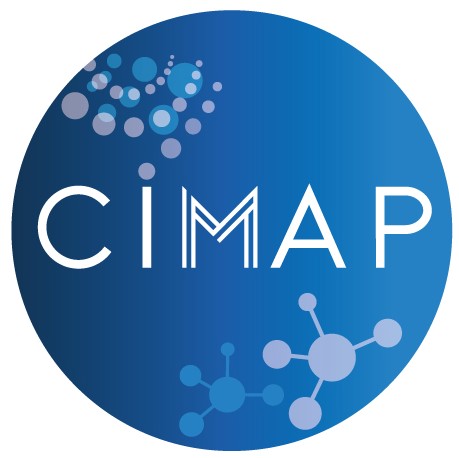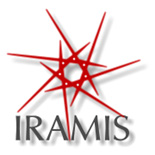Recent work has led to a new approach for understanding different states of condensed matter: insulators, metals, and states with fractional quantum numbers. The fundamental distinction for metals vs. insulators proposed by Kohn in 1964 is the sensitivity to boundary conditions. This has been extended in two ways: A theory of the insulating state[1] that provides a quantitative measure applying to all systems independent of interactions. Recent work[2] that generalizes the ideas to the topological behavior of the wavefunction as a function of boundary conditions. This approach reveals the relation of fundamental concepts including the Aharonov-Bohm effect, Luttinger theorem, fractional quantum Hall effect, and other fractionalized states. This talk will give an overview of the ideas and will focus upon the nature of the insulating state, the Luttinger theorem on the volume enclose by the Fermi surface, and new proposals for the nature of a Mott insulator.
[1] I.Souza, T. J. Wilkens, and R. M. Martin, "Polarization and localization in insulators: generating function approach", PRB 62, 1666 (2000).
[2] See, for example, Oshikawa, "Insulator, Conductor, and Commensurability: A Topological Approach" PRL 90, 236401 (2003).
[3] A. Seidel, et al. "Incompressible Quantum Liquids and New Conservation Laws", PRL 95, 266405 (2006).










